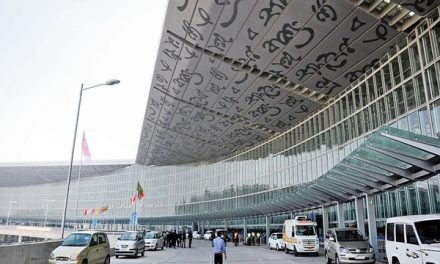Solicitor general Tushar Mehta told the Supreme court on Tuesday that the moratorium period for repayment of loans is capable of being extended up to two years as per RBI circular.
Mehta, representing the Centre and RBI, submitted, “We are in the process of identifying the distressed sectors to vary benefits as per the impact of hit they have taken.”. Centre also apprised the bench that it has filed a reply as to its powers under the Disaster Management Act.
The apex court on 26 August had lashed out at the Central government for not filing the affidavit in time with respect to the government’s decision on whether interest can be waived or, whether it can stop charging interest on interest accrued during the moratorium period. The Centre had to clarify its position under the Disaster Management Act (DMA) and file an affidavit entailing its power.
He(Mehta) also informed the top court that the Centre has filed its reply on the powers under Disaster Management Act, and urged the court to allow Centre, RBI, bankers associations to sit together. The bench replied that it has been hearing about this meeting since the past three hearings on the matter. Mehta submitted that they will identify the class of borrowers. The bench said it wanted something concrete on the issue. Mehta reiterated that the moratorium period on repayment of loans is anyway extendable by two years. The bench insisted that it will have to take a decision on many other issues on the basis of its merit. Mehta said the court can go through the affidavit and take up the matter in two days. The bench wanted to know whether a decision can be taken in two days? Mehta said that may not be possible. To which, the bench said it would hear on Wednesday the bunch of petitions demanding waiver of interest, or waiver of interest on interest on the deferred EMIs during the moratorium period.
RBI had on 22 May extended moratorium on repayment of loans till 31 August amid the nationwide lockdown due to COVID-19. In March, the central bank had allowed a three-month moratorium from paying EMIs and other loans on payment of all term loans due between 1 March and 31 May.
Petitioner Gajendra Sharma said, during the three-month period, the interest would continue to accrue during the moratorium, which ultimately the borrower would have to pay. The petitioner argued that no interest should be charged during the moratorium because people are facing “extreme hardship”. The petition also stated that paying additional interest on top of regular EMIs would be difficult.
As per the 27 March RBI circular, banks and other financial institutions are permitted to provide a moratorium of three months for all term loan instalments which are due for payment between 1 March and 31 May. Term loans will include all kinds of retail loans such as vehicle loan, home loan, and personal loan, agricultural term loans as well as crop loans. The central bank has clarified that credit card dues will also be eligible for the moratorium. The moratorium will be provided for both interests as well as principal repayment, which means the moratorium is on your entire EMI.
Moratorium basically means you don’t have to pay your EMIs for that time period and no penal interest will be charged. It is not a concession of any kind and is simply a deferment of the payment to provide some relief to borrowers facing liquidity issues











